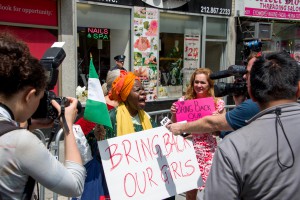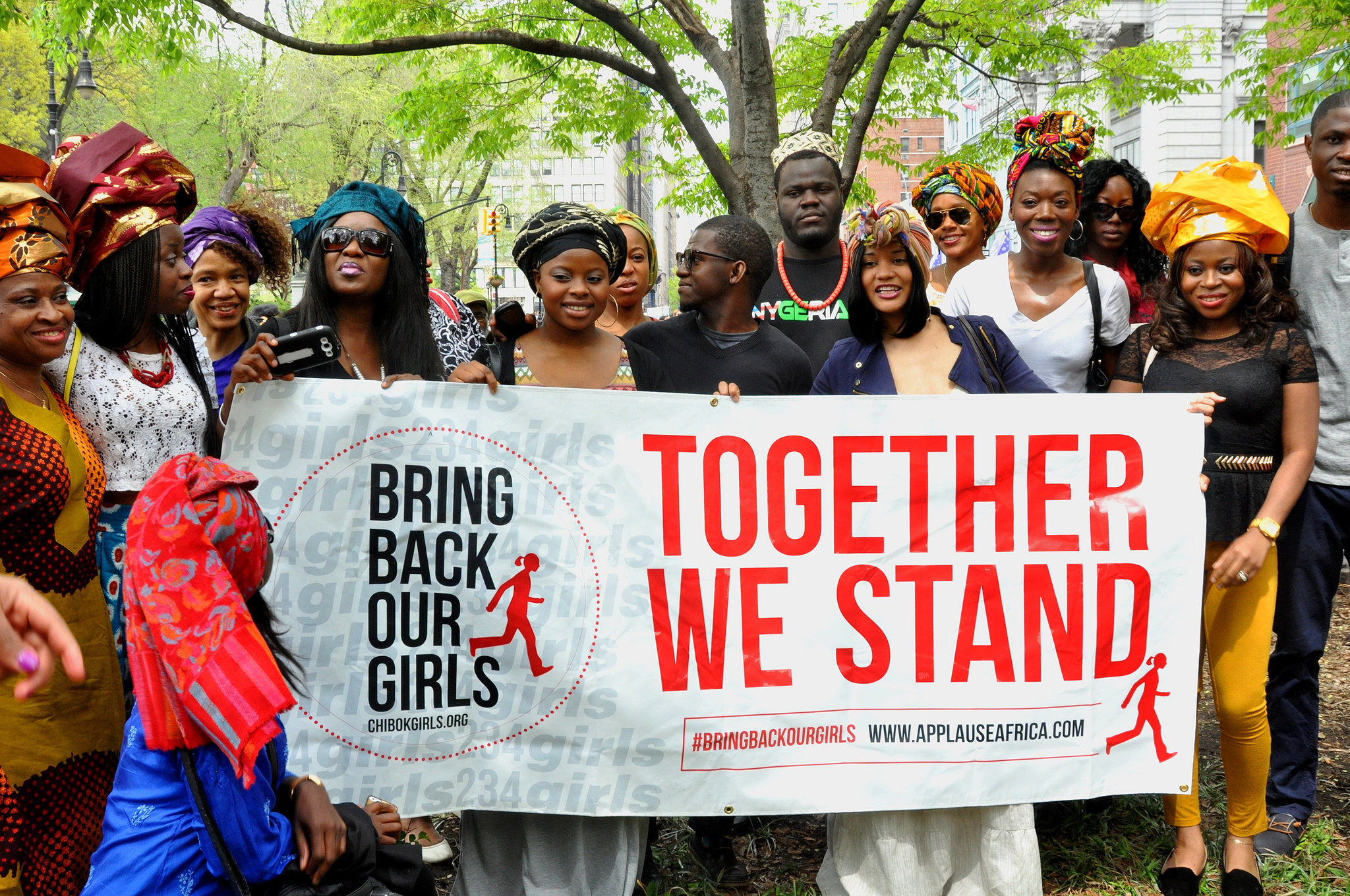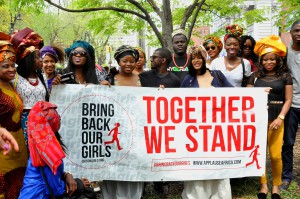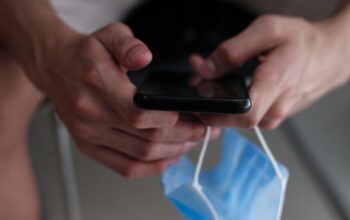April 14, 2014, early in Chibok, a remote Nigerian village, families were awoken in the middle of the night by cries and the sound of gunfire. The terrorist group Boko Haram had attacked and the only 15 soldiers stationed in Chibok were trying to hold them back. Eventually the terrorists forced 219 schoolgirls to leave Chibok for a known militant hideout.
Boko Haram, which loosely translates as ”Western education is a sin”, has been terrorising Nigeria since 2002, but the world has paid little to no attention. Last year alone hundreds were killed in attacks on schools with the same number of people thought to have disappeared. The thing infuriating the extremists the most are women like Ngozi Okonjo-Iweala, current Finance Minister of Nigeria. Ngozi is one of the most high profile people in Africa and leading politicians of the world. She was listed by Time magazine as one of the 100 Most Influential People (hyperlink?) this year alongside Vladimir Putin and John Kerry. Boko Haram views this as the arrival of Western corruption and fights vigorously against the new trend of the education of the female population.
In April the media coverage of the girls’ abduction was near non-existent. Headlines were occupied by the Ukrainian crisis and the Korean boat accident. Nigeria seemed so distant, and Africa would be the place where these things were bound to happen. Or maybe most of us just couldn’t relate to such terror. What suddenly made the difference?
 On the 23rd of April a speech at a Unesco event’s opening ceremony sparked the first tweet: #BringBackOurGirls. Nigerians were fed up with their government’s inability (or unwillingness?) to act and started to spread the message themselves from one person to another. Through the Bring Back Our Girls movement information about the situation finally started circulating in Nigeria, but it also spread beyond its borders. NGO’s and student groups took the hashtag into their own hands and started spreading the word. It all happened over night. The Nigerian struggle seemed to have become closer and the word started to spread like wildfire. The response was huge. In September #BringBackOurGirls had been tweeted more than 5 million times.
On the 23rd of April a speech at a Unesco event’s opening ceremony sparked the first tweet: #BringBackOurGirls. Nigerians were fed up with their government’s inability (or unwillingness?) to act and started to spread the message themselves from one person to another. Through the Bring Back Our Girls movement information about the situation finally started circulating in Nigeria, but it also spread beyond its borders. NGO’s and student groups took the hashtag into their own hands and started spreading the word. It all happened over night. The Nigerian struggle seemed to have become closer and the word started to spread like wildfire. The response was huge. In September #BringBackOurGirls had been tweeted more than 5 million times.
Not everyone welcomed the outside pressure in Nigeria. Daily rallies and demonstrations were held in major cities, which eventually led to the ban on protests. CNN reported Commissioner Joseph Mbu as saying, “Information reaching us is that too soon dangerous elements will join the groups under the guise of protest and detonate explosive(s) aimed at embarrassing the government. Accordingly protests on the Chibok Girls is hereby banned with immediate effect”. Nothing unlawful had happened, but officials decided to protect public safety or – as many saw it – themselves. This started another uproar and just a day after Nigerian police made another statement saying they didn’t mean to ban, but to advise. People and the Bring Back Our Girls movement was allowed back on the streets, where it had stayed all along. The victory was a small one since the government stayed inactive on the matter and Westerners started to lose interest. It seemed that #BringBackOurGirls would become another social media hype with a temporary outburst but little resolution.
The hashtag was revived after 4 months of silence, when the president Goodluck Jonathan announced on Friday 17 October that the government had agreed on a ceasefire with Boko Haram, and were negotiating the terms of the Chibok schoolgirls’ safe return. The big question remains why the sudden change in the government’s agenda?
The Nigerian government has had little talk and even less action in their wait for the fire to burn out. The tables have turned since presidential elections will take place in just 4 short months. The common atmosphere in the country doesn’t seem promising for a peaceful transition and the threat of violence is hanging in the air. Nigerians got a taste at 2011 when post-election violence spread and 800 people were killed. The situation then was very different since a minority of northern people felt that the president shouldn’t have been a Southener as this didn’t honour the unofficial tradition of alternating the presidency between the majority of the Muslim north and mostly Christian south. Now the frustration and anxiety is rising in society and could lead to a bloodier outcome if the government continues to do what it has been doing best – nothing.
I started writing this article last May and back then I already feared that the social media hype would only serve as a platform for Western procrastination. At one point that was exactly what happened, but people in Nigeria were not willing to give up and a group of social activists have shown the Nigerian government the true force of online campaigning. President Jonathan has found himself between a rock and a hard place and at the moment he is only maintaining strong support in the Delta, Nigeria’s oil patch. As the popularity of Jonathan decreases and the possibility of re-election seems further and further away, hopefully his aspiration to deliver on his promise won’t wither and Nigeria will bring back our girls.
By Elena Liski
Image Credit:
Picture 1: Russ Allison Loar, licensed under CC BY-NC-ND 2.0
Picture 2: Michael Fleshman, licensed under CC BY-NC 2.0








